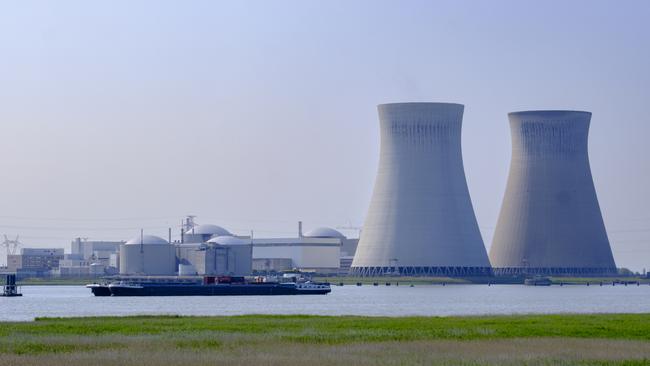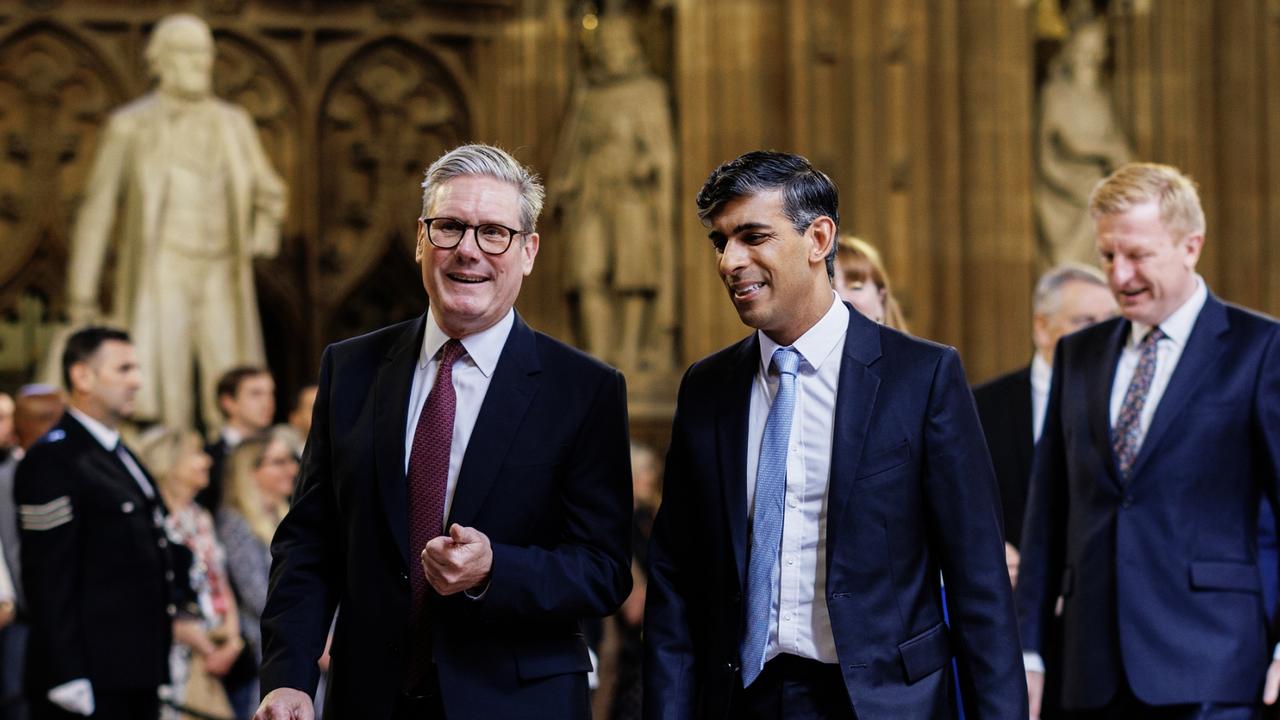
The NEC will be a policy co-ordinating body, operating separately from the Department of Energy. It will be aimed at boosting US energy production, cutting red tape, enhancing private sector investments across the economy and focusing on innovation.
Trump, perhaps surprisingly, chose his incoming Secretary of the Interior, Doug Burgum, to lead the NEC rather than his incoming Secretary of Energy, Chris Wright.
Burgum is presently the governor of North Dakota.
Trump also chose Wright as a member of the NEC. He is the successful CEO of Liberty Energy, an oil and gas technology company, and a director of Oklo Energy, a nuclear technology company.
So what could Australia learn from Trump’s NEC initiative? It would probably be to remove all obstacles to investments in AI, data centres and other modern technologies.
Wright’s Australian counterpart Chris Bowen has now been in office for more than two years. His term has been peppered by talk of Australia’s potential as a renewable energy “superpower”.
The NEC’s main focus will be to promote private sector investment in the domestic economy, leaving it for investors to decide what technologies to employ and how to deliver all forms of energy to markets.
One obstacle is already apparent: the transport of energy imposes high costs.
The longer the distance between the points of production and consumption the more costly the transportation and hence the energy.
Australia changed its environmental laws in 1998 to prohibit the development of nuclear energy except for medical and research purposes. The repeal of the prohibition is long overdue.
A global race to achieve net zero greenhouse gas emissions by 2050 is now under way. Nuclear power is already used for electricity generation in 32 countries and 30 newcomer countries are now considering it.
The tripartite AUKUS initiative has guaranteed that nuclear energy will remain in focus in Australia as a future source of energy for submarine propulsion.
In the US, nuclear power is being considered as a strategic military asset to back up onshore power supply. Options for both fixed and mobile micro-reactors are being developed.
Within a year or so, the US military will have access to a 5MW reactor that can be transported by four ISO (International Organisation for Standardisation) containers, either for independent use or for connection to the local electricity grid.
Australia should now surely be evaluating the potential of mobile nuclear reactors for use in the mining industry. But Australia must first repeal its ban on nuclear power, which it only imposed as a political fix.
Australian industry and consumers will insist on reliable power that is not prone to breakdown. The public are already concerned about rising energy costs and keeping their jobs – much more concerned than whether Australia might ever be an energy superpower.
All countries are looking for the best solutions to combat climate change but there is very little correlation between the current solutions on offer and the global climate problem they are seeking to address.
Using the most diverse technology mix is the key to bridging the gap between the climate problem and the climate solution – it is the key to the very success of our energy transition.
The contemporary challenge for energy investors is to manage risk in circumstances where there is no single risk and the timing and location of the various risks are changing. Diversity is increasingly seen as an indispensable requirement of investors. It accounts for the increasing popularity of energy venture capital in many countries.
The Australian public is likely to continue to rank reliability and cost of their domestic energy as critical in their choice of government. The public is also likely to look for job opportunities and will not necessarily rank emissions reduction as a decisive factor in who to vote for.
Despite this, Bowen continues to reject debate about nuclear energy in Australia as a “distraction”.
It will of course take some time to develop a nuclear power industry in Australia but it seems clear that it could usefully complement other generation technologies and facilitate industrial development.
There seems little doubt that Trump’s new NEC will be aiming to demonstrate and expedite the further development of nuclear power facilities in the US.
Robert Pritchard is executive director of the Energy Policy Institute of Australia.






On becoming president-elect, Donald Trump confirmed he would create a National Energy Council (NEC) when he takes office on Monday.